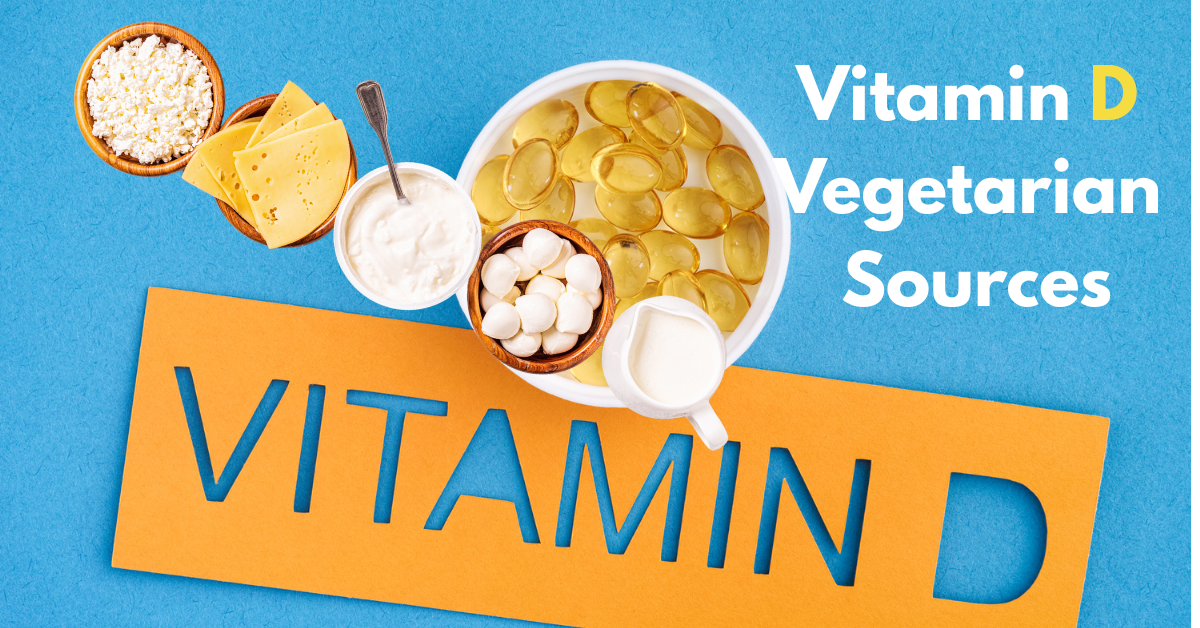Vitamin D vegetarian sources or Vitamin D foods for vegetarians. Why does the topic specify a vegetarian diet? As a healthcare practitioner, I have noticed that more vegetarian patients are vitamin D deficient.
Vegetarians in India usually avoid fortified foods (like fortified cereals, milk), and if they don’t get proper sunlight, they become vitamin D deficient.
Today’s words are just to describe the vitamin D need, sources, and how it will contribute to healthy living.
Why are Vitamin D foods for Vegetarians important?
Vitamin D plays many vital roles in the body, as it helps in Calcium absorption from the intestine. Calcium and vitamin D together make bone strong, and vitamin D helps in the mineralisation process in teeth.
Vitamin D helps in regulating the immune system, and it also helps in mood regulation. People with low vitamin D levels have anxiety and depression issues.
India has the maximum population of vegetarians, and vitamin D-rich Vegetarian food sources are important to discuss to improve diet and health, as vitamin D has multiple roles in our body.


Good
trusted non-profit site trusted non-profit site .
Дизайнерская мебель премиум класса — это воплощение изысканного стиля и безукоризненного качества.
Дизайнерская мебель предлагает уникальные решения для интерьеров. Чаще всего такая мебель вручную изготавливается мастерами, что обеспечивает высокое качество.